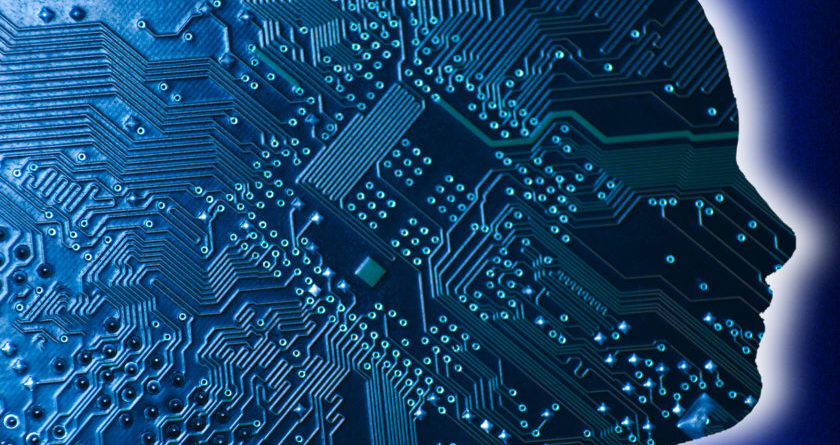M+E Connections

Accenture: AI to Boost China’s Economic Growth Rate
Story Highlights
Artificial intelligence (AI) could give China’s economic growth rate a lift from 6.3% to 7.9% by 2035, according to a forecast from Accenture.
That’s because the technology stands to “transform” the nature of work and open new sources of value and growth, Accenture said June 26 in announcing the findings of a new report, “How Artificial Intelligence Can Drive China’s Growth.” The report was based on analysis and modeling by Accenture Research, in collaboration with Frontier Economics, Accenture said, noting there’s a “dramatic impact on China’s growth when AI is added as a completely new factor of production to the economic growth model.”
“China has already made great leaps in the development of AI and our research shows that it has the potential to be a powerful remedy for slowing growth,” Chuan Neo Chong, Accenture Greater China chairwoman, said in a news release announcing the findings of the report. But she added: “As with any catalyst, it is important to remember the challenges and the risk of unintended consequences. Stakeholders must prepare themselves intellectually, technologically, politically, ethically and socially for the promise of AI.”
The research compared the size of China’s economy in 2035 in a baseline scenario that showed expected economic growth based on current assumptions, as well as an AI scenario that showed expected growth once the impact of AI was absorbed into the economy. As a new factor of production, Accenture found that AI is positioned to boost China’s gross value added (GVA) by $7.1 billion by 2035, it said.
The report also found that AI has the potential to boost China’s labor productivity by 27% by 2035, “driven by innovative AI technologies that enable people to make more efficient use of their time,” Accenture said.
Those effects occur because AI can drive growth in three different ways: via intelligent automation, which creates growth through features unlike those of traditional automation solutions; labor and capital augmentation, which results from upgrading the skills and abilities of existing workforces and physical capital; and innovation diffusion, which “trickles down throughout the economy in the form of increased total factor productivity” (TFP), Accenture said.
Accenture projected that manufacturing, agriculture/forestry/fishing, and wholesale/retail are the three industry sectors that will benefit most from the application of AI in China. The company predicted those sectors will see boosts in their annual GVA growth rates by 2 percentage points, 1.8 percentage points and 1.7 percentage points, respectively, by 2035.
“AI could be a game changer for China’s industries,” Frank Chen, head of Accenture Greater China technology practice, said in the news release. But he added: “To harness its potential, industry leaders will need to synthesize AI into their strategies and create a new playbook for AI. This means adapting traditional company structures to AI, and more innovative thinking when it comes to both operations and business models. Industries will need to shift from doing things differently, to doing different things.”
To fulfill the promise of AI as a new factor of production that can reignite growth, Accenture recommended that several steps be taken by policymakers and business leaders. First, they should prepare the next generation and “integrate human intelligence with machine intelligence so they can successfully co-exist in a two-way learning relationship and reevaluate the type of knowledge and skills required for the future,” the company said.
Accenture also suggested that policymakers and business leaders: advocate a code of ethics for AI; address the redistribution effects of the technology; “step beyond automation, and towards new innovations”; and create new business capabilities for an AI-powered organization. Of the latter, Accenture said: “To achieve the full potential of AI, human and machine intelligence must be tightly interwoven.”









